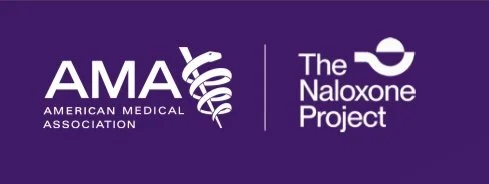We are combatting the stigma behind the opioid epidemic.
Creating an equitable and sustainable medical system that provides Naloxone and saves lives.
Our Mission
To directly provide Naloxone to all patients at-risk of overdose, and to have that effort led by healthcare providers and medical spaces.
Six principles of change
-
Stigma is a powerful force that prevents care for patients with opioid use disorder and those at risk of overdose. Naloxone saves lives, not only through its actions to reverse an opioid overdose, but also through its effect of decreasing stigma. Naloxone is a symbol of care and sends a message that fosters further treatment and recovery.
-
Patients with opioid use disorder and those at risk for overdose matter. We must take the necessary steps to assure safety, treat overdose, and save lives through effective and sustainable naloxone distribution and overdose prevention and education.
-
Clinicians must learn to identify patients at risk for overdose and commit to placing naloxone in patients’ hands prior to their departure from the hospital or emergency department.
-
Hospitals and emergency departments must commit to stocking and dispensing naloxone to at-risk patients.
-
Payers and regulators must reimburse hospitals for dispensing naloxone, covering the costs of the medication so that there is no negative financial impact for hospitals that provide this service. Regulatory barriers for dispensing naloxone from hospitals and emergency departments must also be removed so naloxone dispensing is easy and can be implemented without fear of penalty.
-
By banding together, we can build a system of care that effectively identifies patients at risk of opioid overdose and reliably dispenses naloxone to such patients. Naloxone can also serve as a bridge and incentive for patients to return for definitive treatment with medication for opioid use disorder. Together, we can save lives and build the addiction treatment system that our communities not only need, but deserve.
Born in Colorado, 2021
The first chapter of The Naloxone Project involved quickly recruiting hospitals and emergency departments throughout the state. As of 2023, there are 107 participating hospital facilities in Colorado. These represent 1.9 million emergency department visits in 2022, which is 97% of all emergency department visits for Colorado.
Over 2,500 donated naloxone kits were dispensed from participating hospitals during this timeframe. 30 of the participating sites are rural or critical access facilities, emphasizing the focus on equitable access to naloxone for even the most
remote communities.
Colorado also established a "leave-behind" program with emergency medical services and the police department in the rural northwest part of the state. Multiple examples of model legislation were passed during this timeframe to further assist in the ease and reimbursement of take-home naloxone distribution from hospitals.
In addition, the Colorado chapter has 22 government, nonprofit, and other partners that support its work.
WHAT WE’VE ACCOMPLISHED
How we got here
In 2022, The Naloxone Project deepened its commitment to creating a future where there is “no wrong way” to receive naloxone—from hospitals to community clinics to first responders. Our work strategically spans healthcare settings, public policy, and prehospital systems, ensuring access wherever the need arises.
That year, we introduced our first state chapter in Colorado and launched the MOMs (Maternal Overdose Matters) Initiative, which focuses on delivering overdose education and naloxone to pregnant and parenting patients directly within hospital maternity and perinatal units.
In parallel, we established CPACC—the Colorado Prehospital Addiction Care Consortium as part of our efforts to build an evidence-based, compassionate prehospital care system for individuals with substance use disorders. This initiative equips EMS and law enforcement agencies across Colorado with naloxone “leave-behind” programs and harm reduction strategies, improving equity in access and linking overdose survivors to community-based care.
By early 2023, we had expanded nationally, forming chapters in 10 additional states. Our Board of Directors convened its inaugural annual meeting in January 2023 and assigned members to support each new chapter, ensuring they benefit from Colorado’s model while tailoring strategies locally.
Looking ahead, The Naloxone Project continues to broaden its reach into new hospital departments, clinics, and prehospital settings. Legislative advocacy remains a core, pillar targeting both regulatory support and reimbursement mechanisms to make naloxone distribution sustainable in healthcare and community systems.
WHAT WE’VE ACCOMPLISHED
The American Medical Association and The Naloxone Project are working together to remove barriers to naloxone access. Naloxone is a proven tool to reverse opioid overdoses, yet too many people still struggle to access it when it’s needed most. By encouraging physicians to prescribe it, making it available in schools, workplaces, and public spaces, and ensuring affordability, we can prevent countless unnecessary deaths.
This initiative calls on health professionals, policymakers, employers, and communities to join in expanding naloxone distribution—because timely access means the difference between life and death.
Expanding Access to Naloxone Saves Lives
Still curious about our work and key findings?
Reach out to us with any questions you have— we’re happy to help you.






